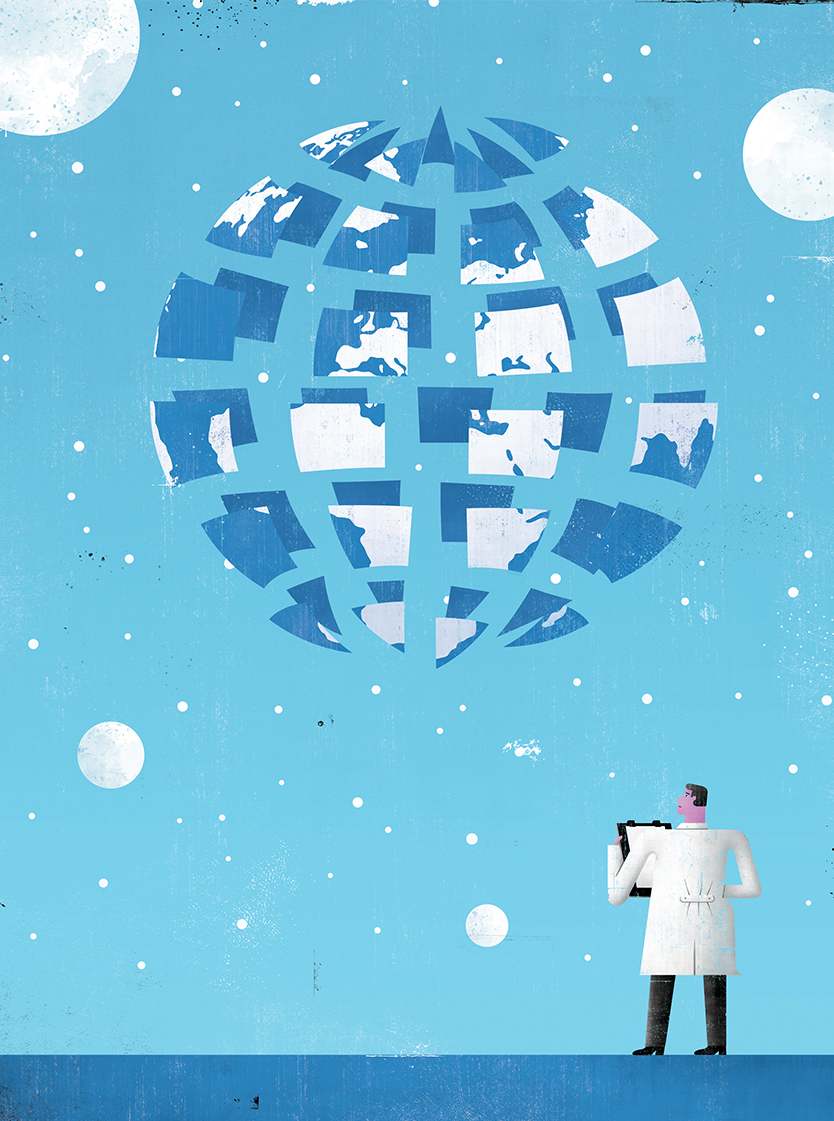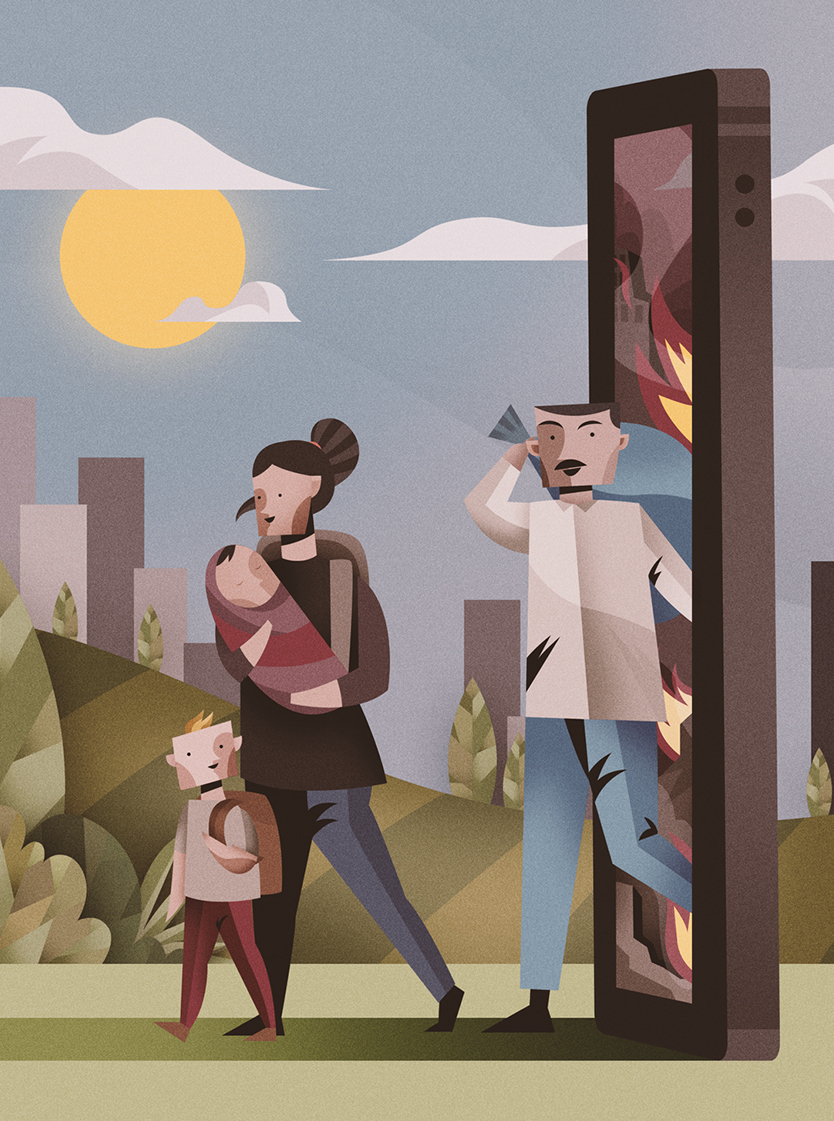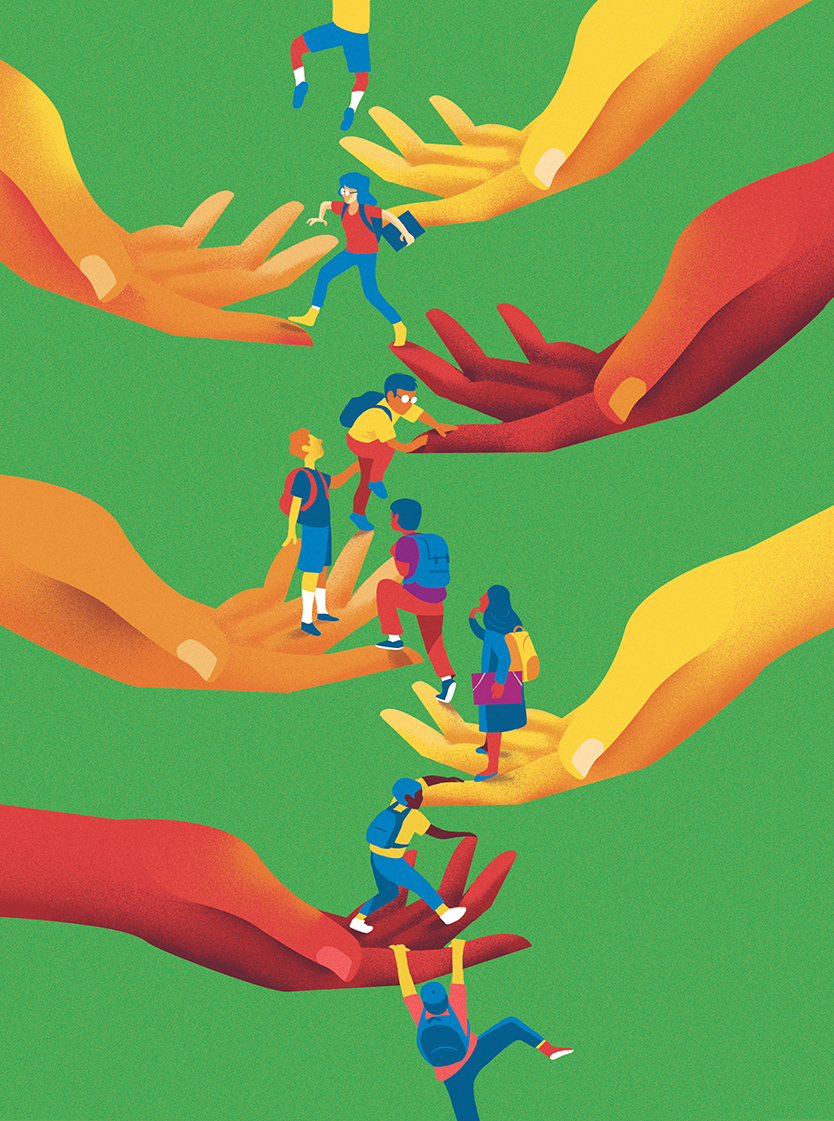The global family can solve anything
By President Jimmy Carter and JASON Carter

Sean Loose

President Jimmy Carter writes about his family’s ingrained culture of using its skills to serve others and how it has inspired him, and wife Rosalynn, through their lives. His grandson Jason, who now chairs the The Carter Center, adds that shared values and service of others connect us to one other, and are the most powerful tools we have to improve the future.
My wife and I began The Carter Center in 1982, but our family’s focus on helping others began long before. Growing up in the small town of Plains, Georgia, Rosalynn and I were raised in Christian families who, influenced by our faith, made helping others a priority.
My mother served our community as a nurse, working longer hours than most in order to meet the needs of the most disadvantaged families. My father helped our neighbours whenever he heard they were in need, and often he gave anonymously. When members of our community were struggling to pay their bills or afford food or medicine, he often stepped in and took care of their needs. When they were unable to work, he offered to help at their businesses or farms. I only found out about many of his charitable works after his death.
At the time, we didn’t consider our actions to be philanthropic; instead, they were an expression of our family values. Serving others, helping whenever and however we could, was how we put our faith into action. This was philanthropy on a small scale in a small town, but it was our community, our broader family.
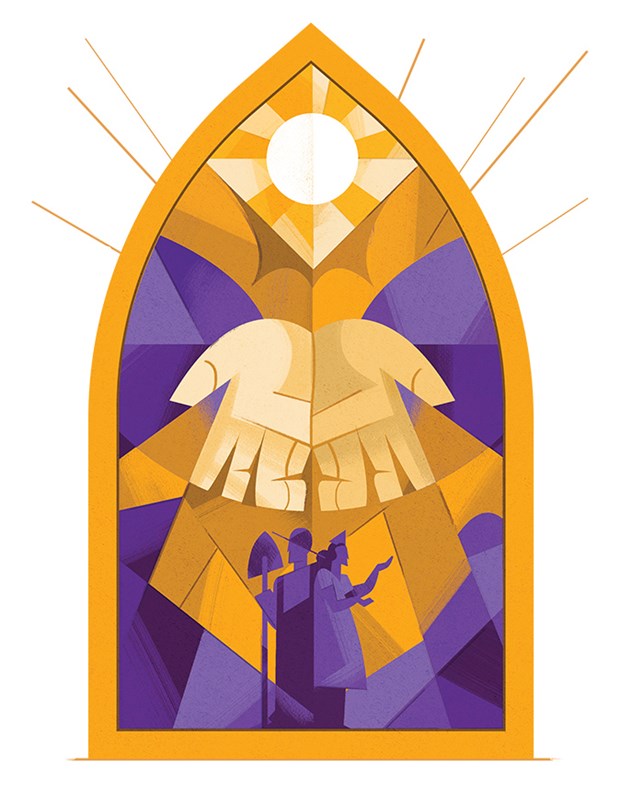
After decades of working as a nurse, my mother answered President John F. Kennedy’s call to serve in the Peace Corps. She was 68-years-old when she left Plains to serve as a nurse in Godrej Colony, India, for two years. Her commitment to service was an inspiration to all of us, and a reminder that we can use the skills we have to help others.
When Rosalynn and I left the White House, our ‘community’ had grown from a small town of 600 people to the entire world, and we knew there was still so much that we could do to improve the lives of others. When we founded The Carter Center, we envisioned it to be an organisation that would alleviate suffering and empower the disadvantaged. Since 1982, we have worked in over 80 countries to prevent disease, improve mental healthcare, resolve conflict, and advance democracy and human rights.
“the skills and commitment of our global family can solve anything”
President Jimmy Carter
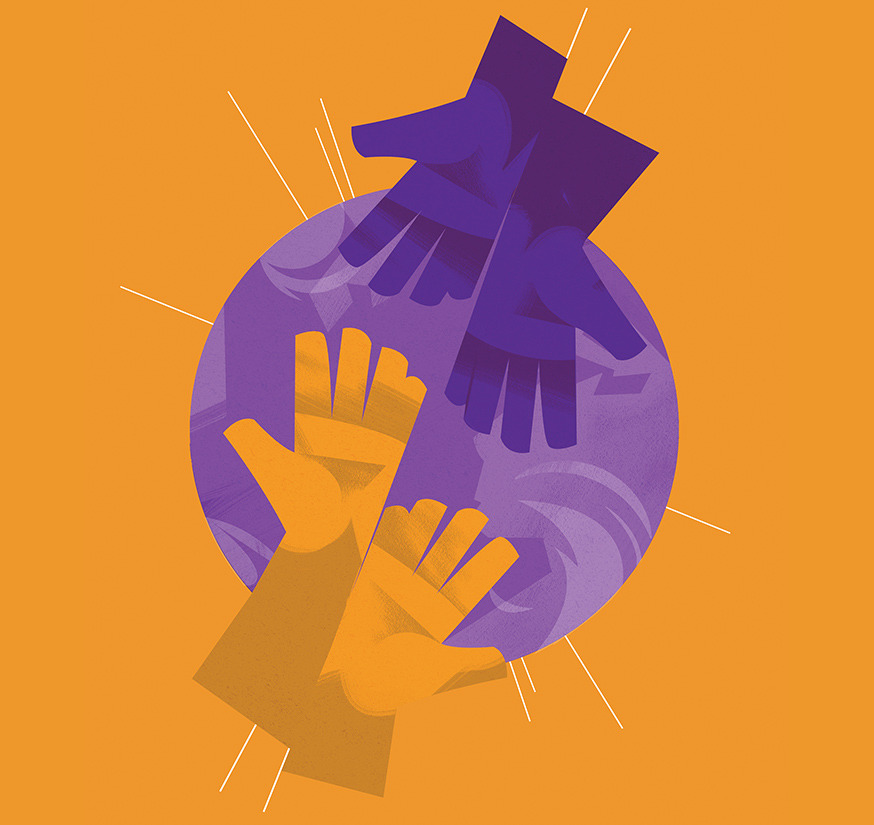
We have been blessed through the international work of The Carter Center, but never forget that small acts of good and using the skills we have, wherever and whatever they are, add up to make a substantial difference. We can improve society by doing good things in our communities and, when more do the same, then many of the problems facing the whole world, our only planet, can be tackled successfully.
In addition to founding The Carter Center, we created a family foundation to support our hometown of Plains. We volunteer with Habitat for Humanity each year, and many of our family members join us.
My faith demands that I do whatever I can for as long as I can to try to make a difference. Service has been a guiding principle for our family, and it is the primary family value that we have worked to pass on to our children, our grandchildren, and our great-grandchildren. It’s the family values that we hope to see spread out from our family to the global family, and the skills and commitment of our global family can solve anything. Philanthropy is the most impactful mechanism for sharing our value of service with others.

Jason Carter on service as their family value — The Carter Center’s motto is ‘Waging Peace, Fighting Disease, Building Hope’. We believe the world’s most disadvantaged people can and want to improve their own lives. All they need are the education and tools to get them started on their journey to lasting change. Through the generousity of our donors, our team is able to serve others so that they may be empowered.
My grandparents are public figures, and the work that they have continued beyond the White House has remained in the public spotlight. They have brought attention to the devastating effects of neglected tropical diseases like Guinea worm disease, trachoma, and onchocerciasis. They have worked as intermediaries to bring peace to war-torn countries and regions. They have used their spare time to build homes for those in need around the world. And in doing all of these things, they have brought these issues to the global spotlight and have encouraged others to make these causes their own. Their influence has gone far beyond the Carter family to the broader, global family as a whole. No matter the differences in our communities, shared values and service of others connect us to one other and are perhaps the most powerful tools we have to improve the future.
We all have communities in which we can work and families with whom we can share these values. My wife and I have two young sons, and as I share with them about our family, my time in the Peace Corps, and my role at The Carter Center, they are learning our most important family value: serving others with what we have, whenever we can. If we all share these values, we will raise generations devoted to service and philanthropy, and we will make the world a better place one family at a time.



